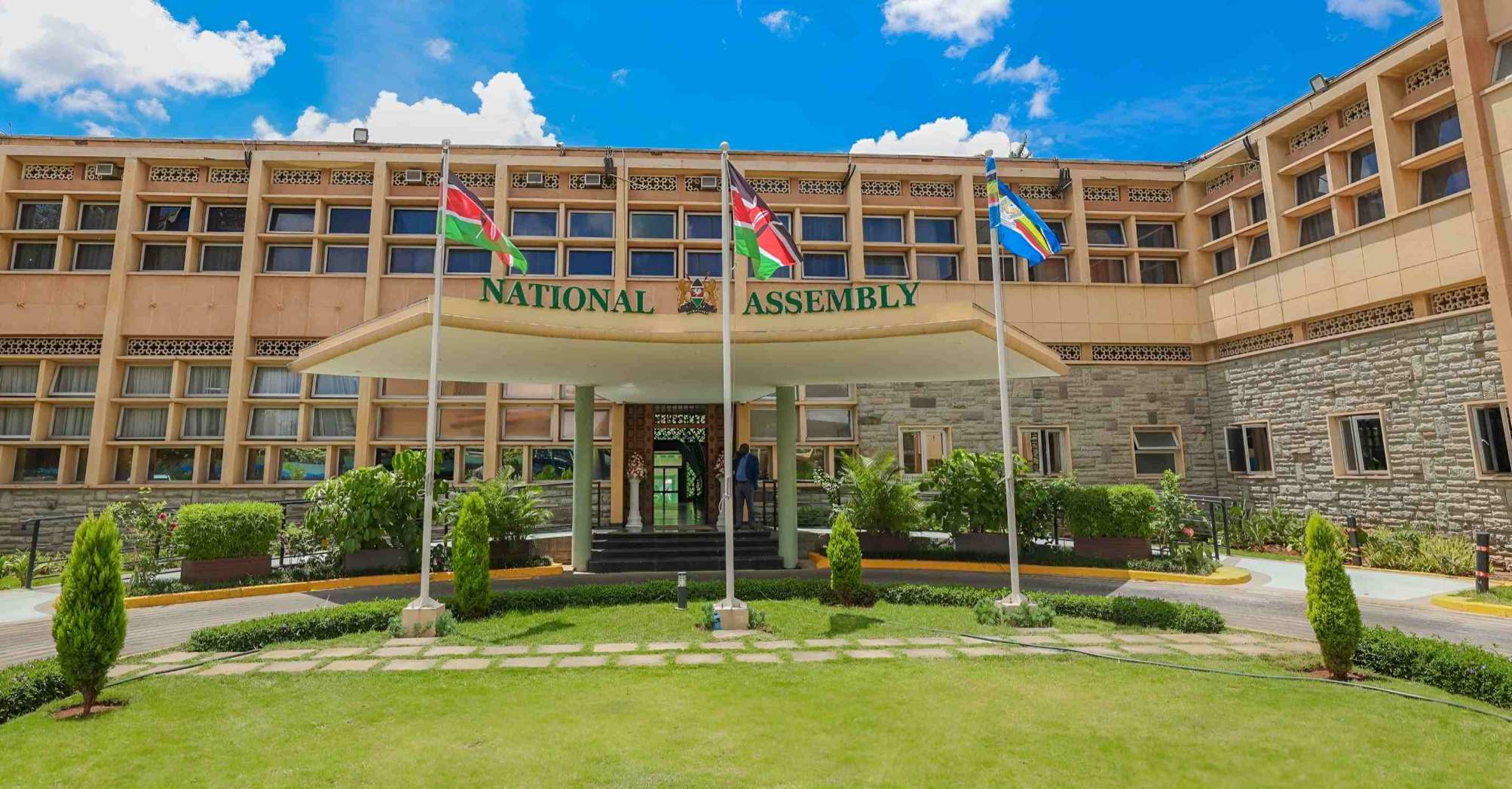MPs back Affordable Housing rules to guide Sh4m loans

The regulations set out conditions that borrowers must meet before accessing funds from the Affordable Housing Board.
Kenyans will now be able to access loans of up to Sh4 million from the Affordable Housing Fund to put up rural homes after Parliament approved new regulations guiding the scheme.
The regulations, developed by the Ministry of Lands, Public Works, Housing and Urban Development under Cabinet Secretary Alice Wahome, were cleared by the National Assembly’s Committee on Delegated Legislation.
“Having considered the Affordable Housing Regulations, 2025 (Legal Notice No. 114), the committee recommends that the House approves the regulations,” committee chair Samuel Chepkonga said in a report. Once such a report is adopted, the Clerk of the National Assembly is required to formally notify the regulation-making authority to proceed and publish the rules in the Kenya Gazette.
The regulations set out conditions that borrowers must meet before accessing funds from the Affordable Housing Board.
“A person is eligible to apply for a loan for the development of a rural affordable housing unit if that person has made voluntary savings with the Fund, has not been allocated an affordable housing unit, and has met the eligibility criteria specified in Regulation 3,” they state.
“The loan amount credited to a successful applicant shall not exceed four million shillings.”
Applications will be made electronically, but applicants will also be required to provide supporting documents, including a development approval from the County Executive Committee Member for Lands, a valuation report of the property from a registered valuer, and a priced bill of quantities prepared by a registered quantity surveyor.
In addition, applicants must present a title deed showing ownership of the land, an official land search confirming the registration, and a declaration committing that the loan will be used solely for developing a rural affordable housing unit.
“When determining an application, the Board may consider whether the applicant has an operational voluntary savings account with the Fund, and whether the applicant has the ability to repay the amount applied for,” the rules add.
For successful applicants, the Board will enter into an agreement, credit the approved loan to the applicant’s account after registering a charge in its favour, and require the borrower to take out life insurance for the loan.
The Affordable Housing Act, 2024, introduced the housing levy at the rate of 1.5 per cent of an employee’s gross salary, matched by the employer, and on the gross income of persons not subject to the employee levy.
The new regulations are meant to operationalise the law by spelling out details on eligibility, applications, exemptions from the levy, and processes for allocation, reallocation in case of default, and changing allocations.
They also outline interest rates, deposits for housing units, procedures for housing unit off-take, and conditions for developing institutional housing.
Cabinet Secretary Alice Wahome said the regulations were crafted to bring the Act into effect and advance the goal of affordable housing.
“The Act requires the Cabinet Secretary to develop and submit to Parliament the proposed Affordable Housing Regulations, 2025 within 30 days of the Act’s commencement,” she explained in an explanatory memorandum.
She, however, acknowledged possible difficulties during rollout.
“The resultant effect may include an increase in the cost of business, which may adversely impact financially weak enterprises,” Wahome said.
She maintained that despite the challenges, the regulations would stimulate job creation in the real estate and construction industries through increased demand for housing and related services.
